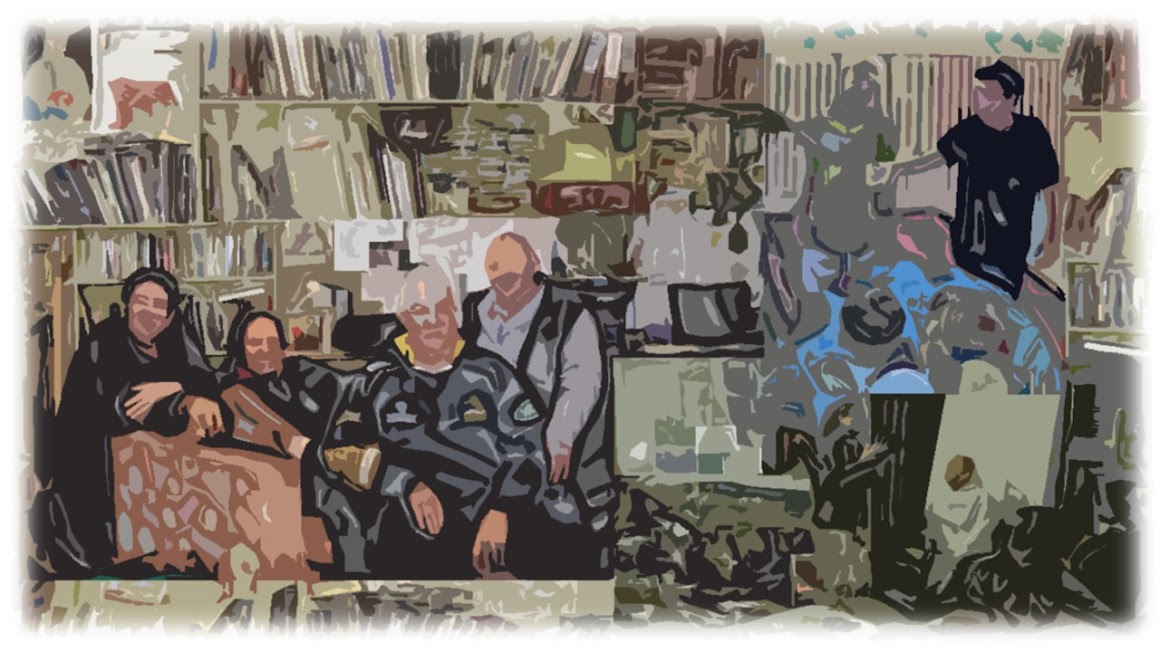No other country held egalitarian values in such high regard. Australians instinctively understood the American metaphor of log cabin to White House: its abounding optimism and democratic embrace are common to both nations:
In the Australian version, however, the pauper-to-president narrative is turned on its head: Rooster one day, feather duster the next. Told this way, it is less a story of inspiration than one of caution; it is not an ode to Redemption, but a parable of the Fall. Yet it is no less powerful a statement of the egalitarian promise: everybody deserves a fair go, what happens next is entirely up to them.
Ever since he discovered these qualities, however, Cater has witnessed a growing threat to their survival from the emergence of a new social class. Like most other Western countries since the 1960s, Australia invested heavily in higher education. And while the investment paid off in terms of a better-educated workforce with a sophisticated approach to solving problems in science and technology, the enlarged educated cohort brought unintended consequences in its train. The members of the new class gradually undermined the egalitarian ethos by assuming their own moral and intellectual superiority to the less-educated. With traditional religion in decline, the educated elite morphed into a priestly caste, with its own secular evangelicalism proclaiming new moral absolutes. It identified new interest groups and, through mass moral exhortations, public apologies and persecution of any outspoken dissidents, enforced a rigid code of manners and beliefs on its members. The outcome was groupthink, or in Cater’s words: “the generations who departed on personal journeys of intellectual discovery returned agreeing about practically everything”.
This is not to say the new elite’s opinions are static. In fact, its groupthink is always a work in progress. Its members are wedded to change, or “reform”, as they insist on calling it. They see change as the natural condition of society and have a keen eye for causes worthy of their support. If causes are in short supply, they can always conjure up pseudo-reforms like gay marriage, which came from nowhere in 2010 to be the burning issue du jour by 2012. Moreover, their ultimate inspiration is the international human rights industry, the source of an almost limitless supply of issues and campaigns to underpin their moral outlook. As a result, Cater says, the divide between the elite and the rest has become the dominant fault line in our cultural, political and social landscape.
Much of this analysis will be familiar to anyone following contemporary political or cultural debate. The influence of the tertiary-educated “new class” on media, politics and the arts has been discussed for almost as long as Cater has been here. But his chapters that update its latest manifestations in the ABC, the universities and Australia’s nine (yes, nine) human rights commissions, not only confirm his case but are often very funny.

No comments:
Post a Comment